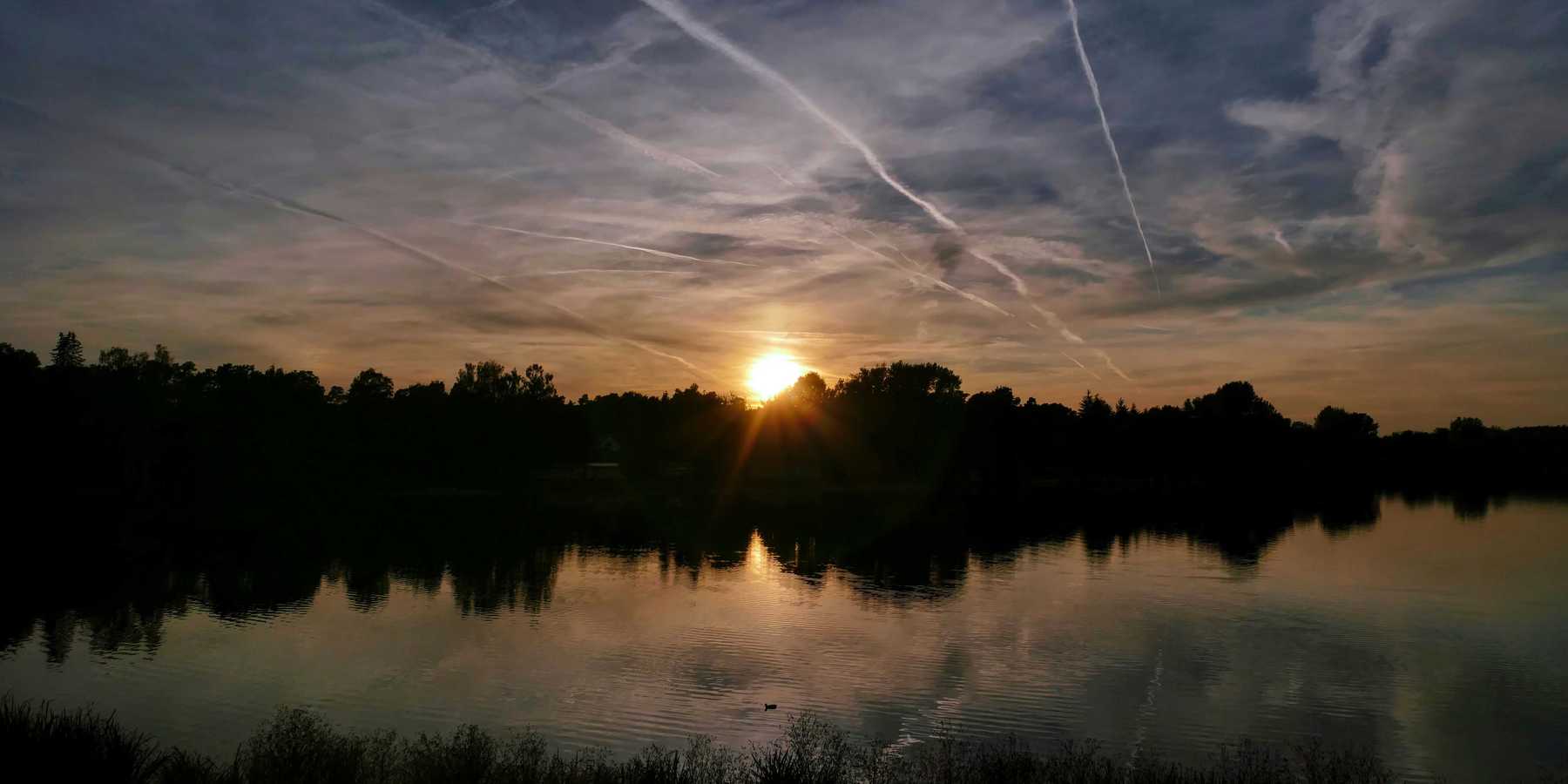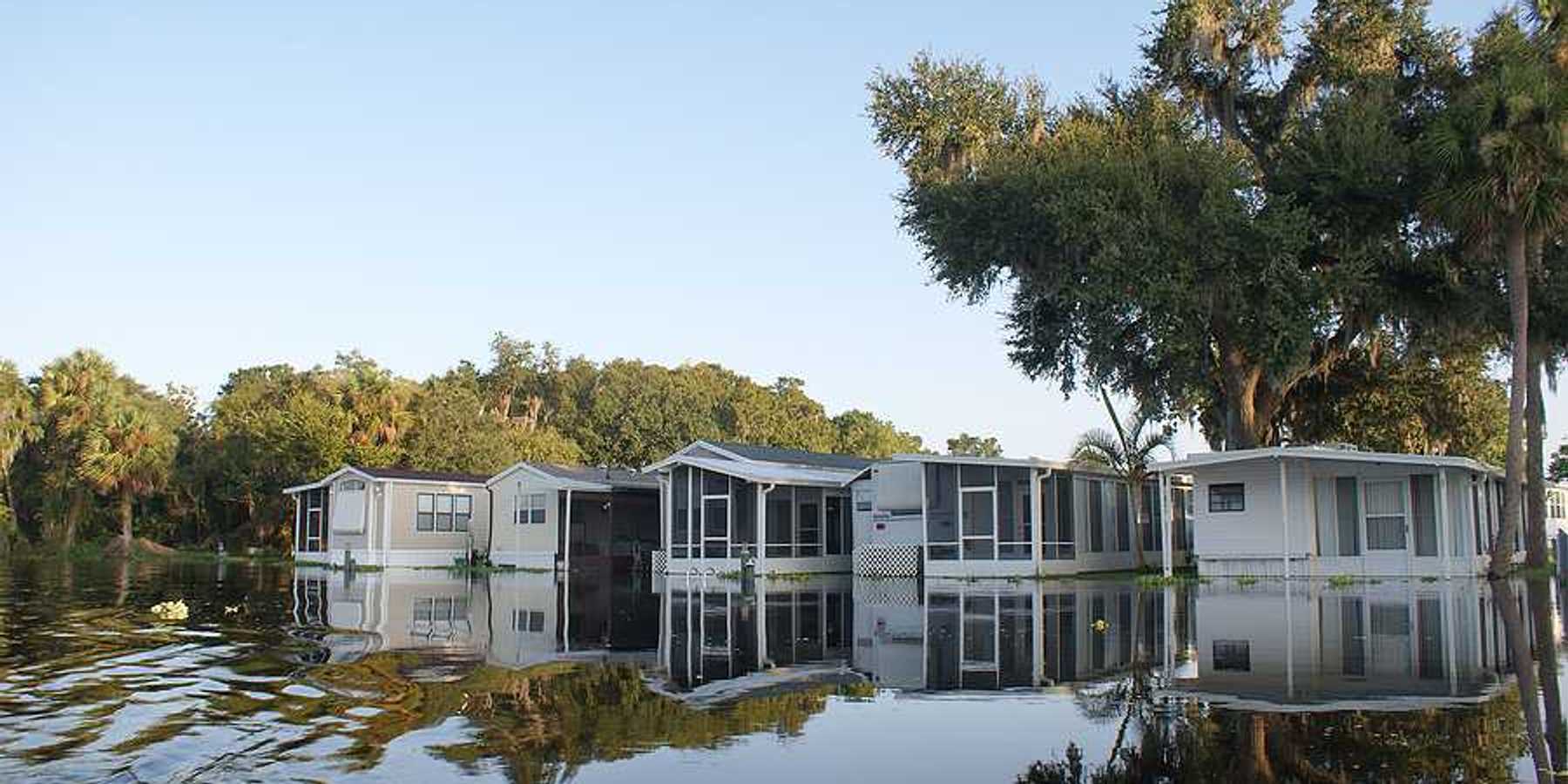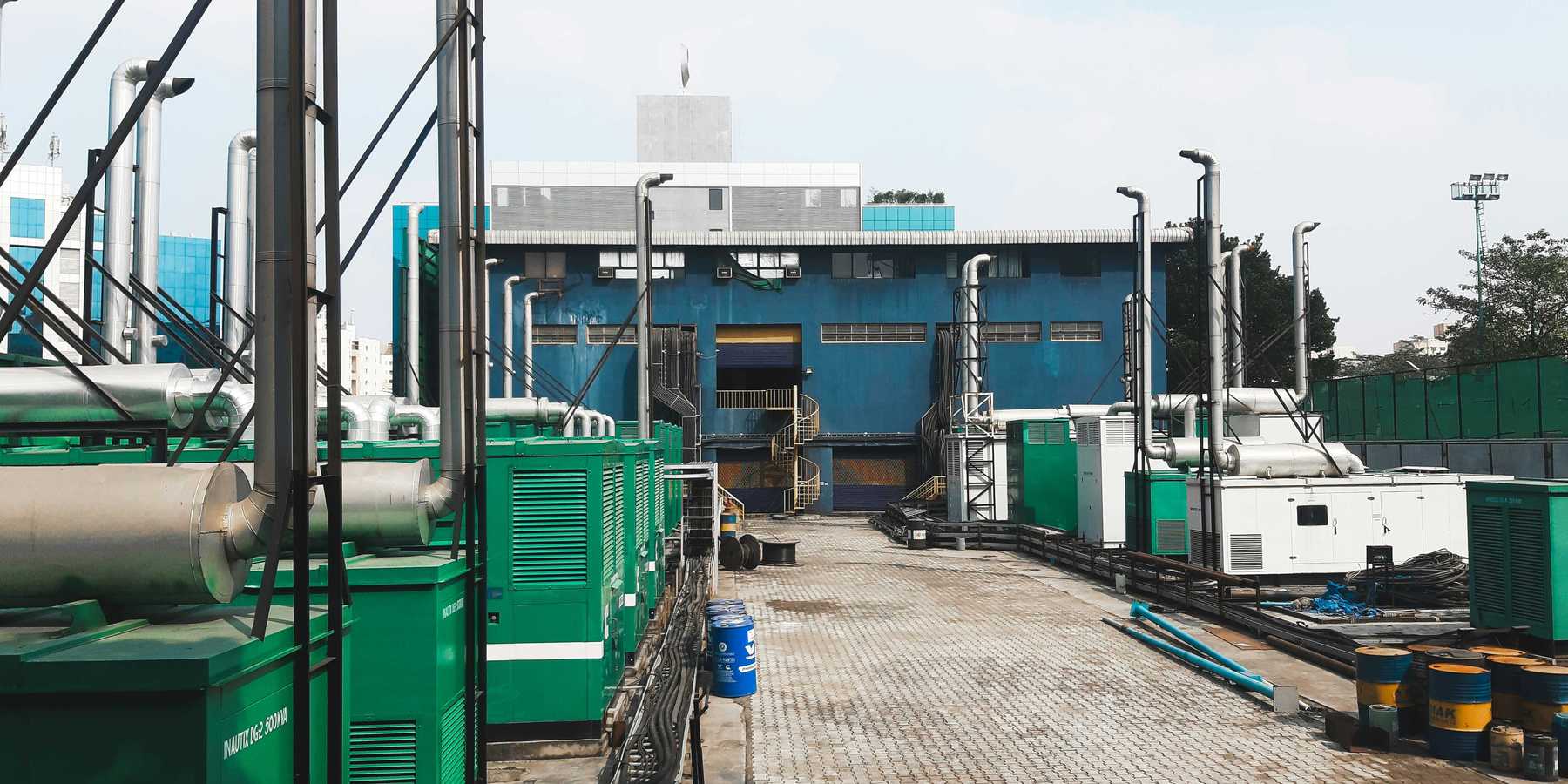What’s causing Kansas City’s smog, ozone & air pollution?
Kansas City Star journalist Natalie Wallington reports on the factors contributing to high levels of air pollution in the KC metro.
In a nutshell:
According to a local air quality expert, the majority of air pollution in Kansas City is generated within the metro area itself, primarily from vehicle exhaust, power generation, and volatile chemicals. Although Canadian wildfires contributed to some of the recent pollution, a zone of high air pressure has settled over Kansas City, leading to smoggy skies and a lack of wind. This weather pattern traps ground-level ozone, which is exacerbated by the sunny conditions, resulting in higher-than-usual ozone levels. The expert also highlighted the increase in emissions from vehicle and industrial activities as the economy rebounds from the COVID-19 pandemic. While short-term pollution levels depend on wind patterns, the expert anticipates poor air quality becoming more common in the long term due to the climate crisis.
Key quote:
“There is a role that climate change is playing, both in terms of what kind of weather patterns we can expect to see, and (in) predisposition for forest fires to occur (elsewhere),” MARC air quality expert Doug Norsby said.
Read more at: https://www.kansascity.com/news/weather-news/artic...The big picture:
Air pollution poses significant health dangers, and the risk is further amplified by the impact of climate change. Breathing polluted air can lead to a range of health problems, including respiratory issues, heart disease, and even premature death. Pollutants such as particulate matter and ozone can penetrate deep into the lungs, causing inflammation and damaging lung tissue. As climate change worsens, extreme weather events, heatwaves, and wildfires become more frequent, releasing additional pollutants into the air. Rising temperatures and stagnant air patterns also contribute to the formation of harmful ground-level ozone, intensifying the health risks associated with air pollution.
Read the whole story at the Kansas City Star.
EHN's Kristina Marusic wrote about how reducing air pollution could lower cancer rates.













